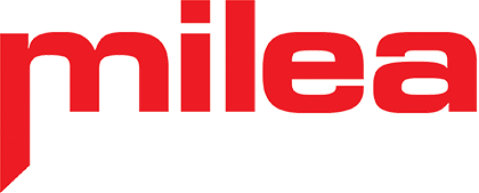TIPS FOR MAINTAINING A REFRIGERATED TRUCK
As a carrier handling refrigerated freight, refrigerated truck maintenance is your top priority. By maintaining your truck, you directly ensure the integrity of your reefer loads. The easiest way of maintaining a refrigerated truck is by following Food and Drug Administration regulations via the Food Safety Modernization Act (FSMA). In line with these regulations, here are key refrigerated truck maintenance tips.
Maintain the Right Temperature
The first requirement is that the trailer used to transport food must maintain the temperature needed for transporting that product safely. By maintaining the correct temperature, the driver prevents food spoilage or contamination via bacteria or mold. This would damage the freight, as well as jeopardize the overall sanitation of the trailer.
Conduct Routine Inspections
Along with pre- and post-trip inspections as mandated by the Federal Motor Carrier Safety Administration, your driver should routinely inspect the reefer trailer and refrigeration unit. This includes during transit, as well as before and after a trip.
The driver should manually measure and calibrate the refrigeration unit, as well as make sure the compressor is working properly. Drivers must also understand how the condenser and evaporator function, so they are able to identify mechanical problems over the road. During the inspections, the driver needs to be on the lookout for oil leakage from the engine and compressor.
Refrigeration units have belts and hoses that need to be replaced on a maintenance schedule of 1,500 hours or based on the engine life cycle. This is key to protecting against over-the-road breakdowns and the loss of refrigerated freight.
Keep Your Diesel Tank Full
The next reefer truck safety tips involve a process to which your driver is already committed. A refrigeration unit is powered by diesel fuel, so anticipate using more fuel than you would with a nonpowered dry van trailer. In fact, at some loading docks, shippers will not load a reefer freight on less than three-quarters of a tank of fuel.
Truck Wash-Outs and Clean-Outs
Whenever your drivers complete hauls that involve food items, especially meat or livestock, they are required to clean their trailers. A clean-out or truck wash-out can range from simply sweeping the trailer floor to a full-scale power washing at the nearest truck wash. This protects against the following reefer truck maintenance issue.
Prevent Contamination and Cross-Contact
Reefer truck drivers must prevent contamination of raw food or cross-contact. This starts with maintaining a clean trailer but extends to cover safe food hauling practices. Another increasing concern that has to be prevented is cross-contamination of ingredients that are known food allergens, such as peanuts.
Provide Food Safety Training
To transport food safely, the FDA requires drivers and carriers to complete safety training. This training covers sanitary transportation practices — such as how to handle the bulk transport of juice concentrates or minimizing microbial food hazards.
One way to train on how to conduct your reefer transport practices properly is to review the sanitation and transportation guidelines by the FDA. Food safety training helps ensure your fleet of drivers is equipped to operate your reefer trailers properly.
Maintain Records for Shipments
Speaking of documentation, the FDA also requires carriers and drivers to keep shipping records for written procedures and agreements regarding food safety transportation practices. In the procedures, detail how reefer trailers are handled, such as how often your company requires drivers to get truck and trailer inspections.
Having this documentation puts practices and policies in place to extend the life span of your reefer truck. These records must be kept for specific amounts of time based on the record type and activity. However, you can dispose of all of these records after one year.
Choose Truck Leasing in New York City
Let our full-maintenance truck leasing in New York City resolve you of your truck maintenance issues. Contact our leasing agents at Milea Truck today for more information.








